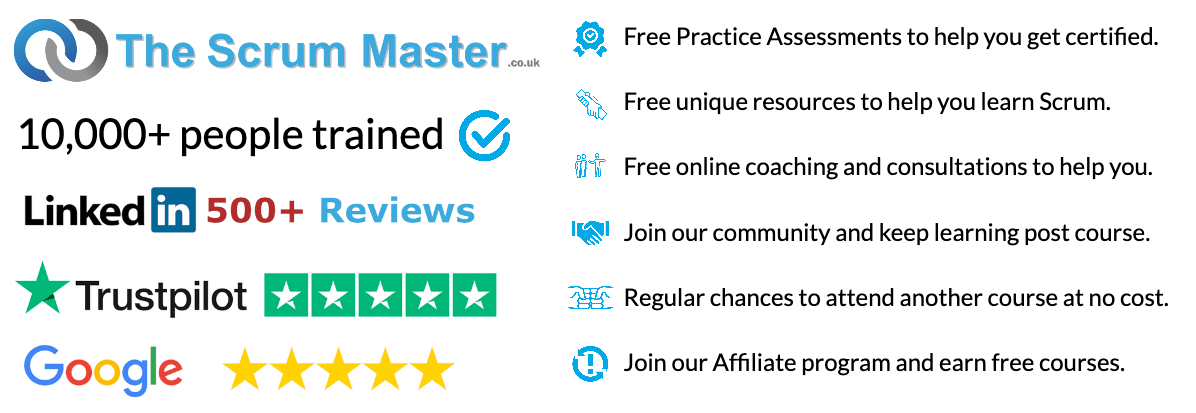 This post continues my ongoing series revisiting the principles behind the Agile Manifesto. This time we are focussing on the following Agile principle – “Build projects around motivated individuals. Give them the environment and support they need, and trust them to get the job done.”
This post continues my ongoing series revisiting the principles behind the Agile Manifesto. This time we are focussing on the following Agile principle – “Build projects around motivated individuals. Give them the environment and support they need, and trust them to get the job done.”
If you have a suitably motivated team, who are empowered, given sufficient resources and focussed on a shared goal, they will likely overcome almost any obstacle in their way. I have seen this many times during my career. The team will self-manage, create its own rules and move forward. Most of the successful product development efforts I have been part of shared this common foundation. A motivated team that uses Scrum will naturally be agile.
So why don’t we all just focus on creating motivated teams and let them take care of the rest? The truth is that this requires trust and many organisations start from a position of distrust regarding their people and teams. You get what you give, so people who are not trusted sense this and behave accordingly. Protectionism and defensiveness reign and trust decreases further. People end up de-motivated and progress slows. Products and customers suffer as less value is created.
Another reason people end up demotivated is we expect them to commit and deliver, but we do not create the right environment for them to deliver within. We fail to remove the impediments that cause them to fail. These impediments may include:
- We don’t give them clear and realistic goals.
- We put them in an environment with massive dependencies which slows their progress.
- Requirements change and we still expect them to meet a delivery date which is now unrealistic.
- We micro-manage them to the point that they disengage and stop thinking and caring.
- They do not have the skills and knowledge they need to deliver.
- They have other commitments which prevent them from focussing.
As a leader or manager, how many of these are you guilty of? I can confess to at least 2 of these regularly, even though I should know better!
So how do we build trust with a team to motivate them? Trust is created and built within boundaries. With a new team, those boundaries will be more constraining, as less trust will exist. For example, we may allow the Developers to work freely using the existing tools they have, but it they want to use a new tool we may require them to seek approval.
The level of trust and the management space within the boundaries should increase as the team maturity level increases and they demonstrate their ability to self-manage and deliver.
In the example above, once the team has matured, we may let them make decisions about the tools they use within a wider boundary. Perhaps within a set budget and where the change would not impact other teams.
Where teams fail to deliver and improve we must look at what is causing this and remove those impediments. More oversight and management is the usual answer, but this will serve to de-motivate them even more. Instead, we must give them the support and environment they need to improve. Showing this support will build trust with the team. Most teams will reward this trust with improved delivery. It may take significant time and effort to get to this point, but the rewards from a motivated team will be significant and worth the cost.
The best teams I have worked with were highly motivated and this was not an accident. Leaders and managers in the organisations facilitated improvements to the environment to enable this. Team motivation is a superpower. If you have a motivated team, delivery will be easier and much more likely to succeed.
--
 Hi, my name is Simon Kneafsey and I am a Professional Scrum Trainer with Scrum.org & TheScrumMaster.co.uk. I am on a mission to simplify Scrum for a million people. I have helped over 10,000 people so far and I can help you too.
Hi, my name is Simon Kneafsey and I am a Professional Scrum Trainer with Scrum.org & TheScrumMaster.co.uk. I am on a mission to simplify Scrum for a million people. I have helped over 10,000 people so far and I can help you too.
Learn more at TheScrumMaster.co.uk and signup for our newsletter with 80,000+ practitioners.


